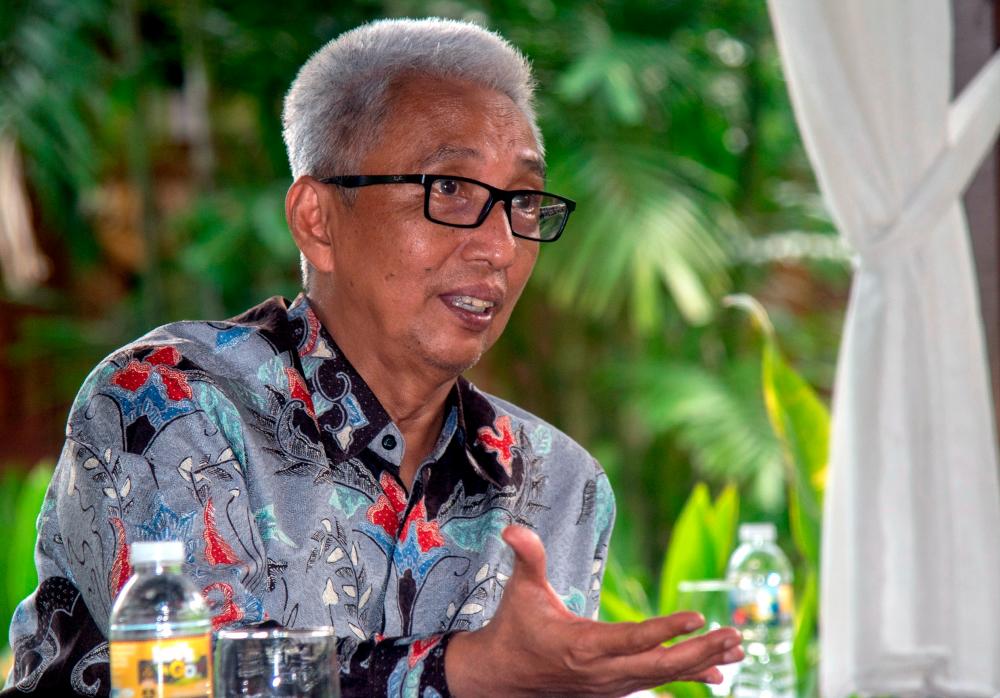LABUAN: The urgent issue of abuse experienced by Indonesian domestic workers in Malaysia requires prompt and decisive intervention, said the Indonesian Ambassador to Malaysia, Datuk Hermono.
He said approximately 90 per cent of the complaints received by the Indonesian Embassy related to domestic helpers, signalling a distressing trend that requires an amicable resolution by Malaysian employers and stringent enforcement by authorities.
“Among the serious complaints lodged was the issue of unpaid monthly wages, with some workers not receiving payment for up to 19 years standing out as alarming instances of exploitation.
“Reports also indicate cases of torture and mistreatment like not being given food, further emphasising the urgent need for intervention,” he said in an interview with Bernama after chairing Indonesia’s Consulate General Meeting here today.
Hermono said the abuse, which affects both registered and unregistered domestic workers, could be primarily due to the absence of a service contract.
Hermono said there was a high number of undocumented domestic workers involving Indonesians because some employers wanted to evade paying levies and other compulsory fees by keeping them unregistered.
“It is the employer’s obligation to register their domestic helpers with the relevant authorities. We hope the authorities act promptly on this humanitarian issue,” he said.
He also highlighted the importance of strict enforcement by local authorities, asserting that stringent measures and deterrent sentences for non-compliant employers are crucial to ensure the welfare of domestic workers.
“With at least 70,000 registered Indonesian domestic workers in Malaysia, the number of unregistered workers is believed to be even higher,” he said.
He said following the COVID-19 pandemic, the number of registered Indonesian workers in Malaysia had dropped from 1.2 million to 480,000.
“The unregistered workforce, however, nearly doubled in numbers during the same period. The decline is attributed to a considerable number of workers who, having secured jobs in their home country, chose not to return to Malaysia,” Hermono said.
He said a substantial portion of Indonesian workers in Malaysia was employed in the plantation sector, particularly in Sabah and Sarawak.
The construction sector, which previously employed many Indonesian workers, had seen a decline due to the booming construction industry in Indonesia, he said.
Hermono said resolving these issues is crucial not only for the welfare of Indonesian workers but also the enhancement of bilateral ties between the two countries.
“Immediate action is needed to address the abuses faced by domestic workers, ensuring a fair and just working environment for all,” he said.-Bernama









